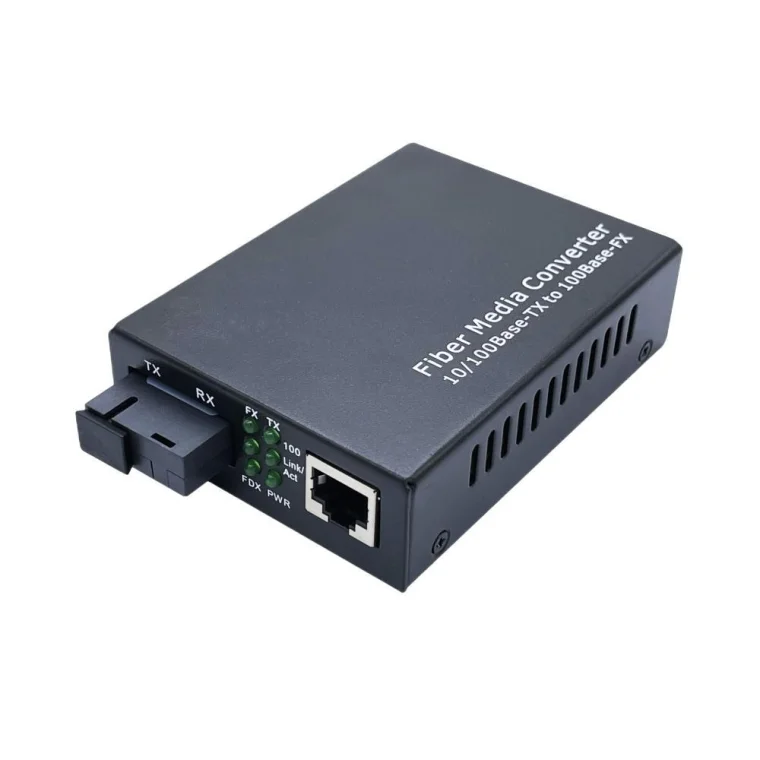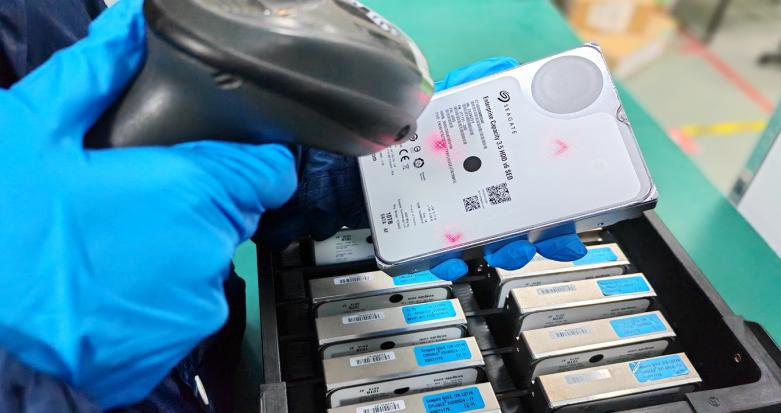
In today's digital age, where information is readily available at our fingertips, radio remains a powerful medium for information dissemination. Despite the rise of television and the internet, radio continues to play a vital role in delivering news, entertainment, and educational content to diverse audiences worldwide. This article explores the multifaceted uses of radio as a tool for information sharing, highlighting its unique advantages and the ways in which it continues to evolve in the digital era.
- Radio as a Reliable Source of News:
Radio has long been recognized as a trusted source of news, providing real-time updates and analysis on local, national, and global events. Its immediacy and accessibility make it an invaluable medium, particularly in regions with limited internet access or during emergencies when other communication channels may be disrupted. News radio stations employ professional journalists who deliver accurate and unbiased reporting, ensuring that listeners stay informed and connected to the world around them. - Radio as a Platform for Public Service Announcements:
Beyond news, radio serves as a platform for public service announcements (PSAs) that raise awareness about critical issues such as health, safety, and social initiatives. Organizations and government agencies utilize radio to disseminate information on topics like disease prevention, emergency preparedness, and community development programs. The wide reach of radio ensures that these messages reach diverse populations, including those in remote areas or marginalized communities. - Radio as an Educational Tool:
Radio's potential as an educational tool should not be underestimated. Educational radio programs cater to various audiences, from children to adults, offering informative content on subjects like science, history, language learning, and personal development. These programs often incorporate engaging storytelling, interviews with experts, and interactive elements to enhance the learning experience. Radio's accessibility makes it an ideal medium for reaching underserved populations, including those with limited access to formal education. - Radio as a Catalyst for Social Change:
Radio has a unique ability to foster social change by giving voice to marginalized communities and promoting dialogue on important social issues. Community radio stations, for instance, empower local communities to share their stories, discuss challenges, and propose solutions. By amplifying diverse perspectives and promoting inclusivity, radio can contribute to social cohesion, cultural preservation, and the empowerment of marginalized groups. - Radio in the Digital Age:
While radio has traditionally relied on terrestrial broadcasting, the digital revolution has expanded its reach and capabilities. Online streaming, podcasts, and mobile apps have made radio content accessible anytime, anywhere. Moreover, radio stations now leverage social media platforms to engage with their audiences, share content, and gather feedback. These digital advancements have not only increased radio's accessibility but also allowed for greater interactivity and customization of content.
Conclusion:
Radio continues to be a powerful medium for information dissemination, offering unique advantages in terms of accessibility, immediacy, and community engagement. From delivering news and public service announcements to educating and empowering listeners, radio plays a crucial role in shaping public opinion, fostering social change, and connecting diverse communities. As technology continues to evolve, radio will undoubtedly adapt and innovate, ensuring its relevance in the digital age and beyond.



